
The needs of wild birds in the winter are different than their needs in warmer weather. Also, in the winter, birds may be arriving to feeders individually or in flocks. Consequently, their human friends need to provide birds with options.
Feeders should be placed near cover but in such a way that would allow birds to watch for danger. For ground feeding, one should find an area near cover but with a clear view of the surroundings so that danger can be spotted easily by the feeding birds. Feeders should be placed out of the wind. The east or southeast of the house is an ideal spot away from the wind. A perching spot such as a bush or tree should be found near the feeder. Trees and bushes provide safe refuge from the elements and predators.
To entice birds such as juncos, sparrows, brown thrashers and pheasants seeds can be put into a ground feeder. Even tree dwellers such as red=bellied woodpeckers will eat from ground feeders. Cardinals, chickadees, wrens, jays, and titmice prefer platform and hopper feeders. Because hanging feeders blow in the wind they are, generally, used by birds able to hang on while feeding such as finches, nuthatches, titmice and chickadees.
A great seed to offer during the winter is the sunflower seed. It has a high calorie per ounce. It, also, has a high fat and protein content and is thin shelled. The thin shell makes less of a mess when discarded by the birds.
Suet is great for feeding birds in the winter. It is a high-energy food with a pure fat substance which is invaluable for birds in the winter when insects are scarce and birds need more calories to keep their bodies warm. Suet can be fed in a variety of feeders ranging from suet cages to wooden feeders that offer protection from the elements.
Peanuts are another food that is good for birds in the winter. Peanuts have a high fat level and are often used in suet products. Peanuts provide a good source of protein for birds.
As at any other time, birds need to have a source of water. Bird baths are a great source for water and should be heated to prevent the whole bath from freezing. If bird bath de-icers are used, the bird baths should be able to stay out all winter with no problems.
Lastly, birds need some form of shelter in the winter to protect them from the elements and natural predators. Roosting boxes or natural covers are ideal. It is imperative to clean bird houses to help reduce the possibility of parasitic bugs that are able to survive the winter.
By following these simple, common-sense rules, anyone can see how rewarding bird watching can be, even in the winter.
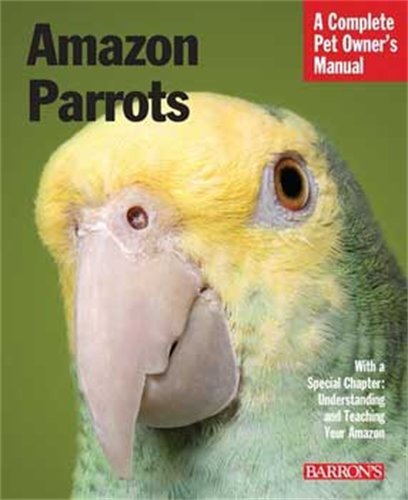 The Blue
ParrotsThat TalkThe Blue-Che
The Blue
ParrotsThat TalkThe Blue-Che
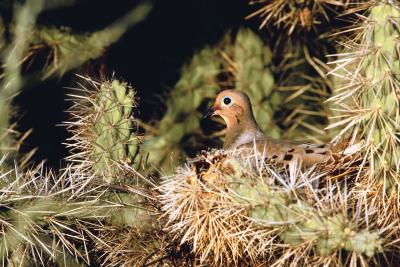 How to Make a Bird House for Doves
How to Make a Bird House for Doves
How
How to Make a Bird House for Doves
How to Make a Bird House for Doves
How
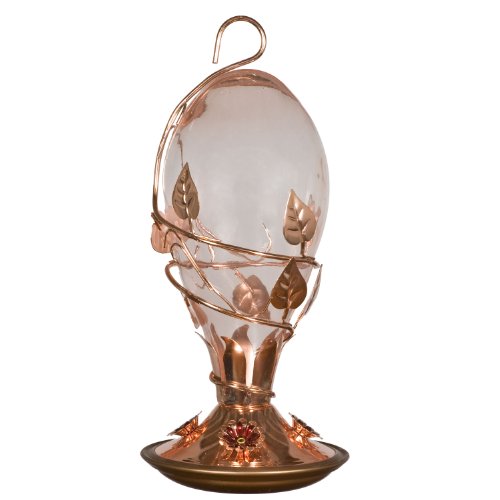 Hummingbirds and Flowers
Using a homemade hummingbird
Hummingbirds and Flowers
Using a homemade hummingbird
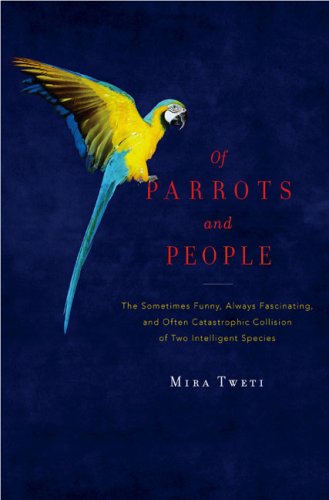 Facts About Parrots
Credit: Martin Robson via Wikimedia Commons
Facts About Parrots
Credit: Martin Robson via Wikimedia Commons
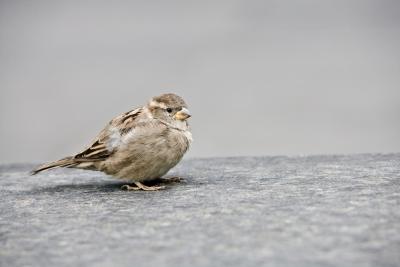 How to Find a Bird by Description
How to Find a Bird by Description
How
How to Find a Bird by Description
How to Find a Bird by Description
How
Copyright © 2005-2016 Pet Information All Rights Reserved
Contact us: www162date@outlook.com